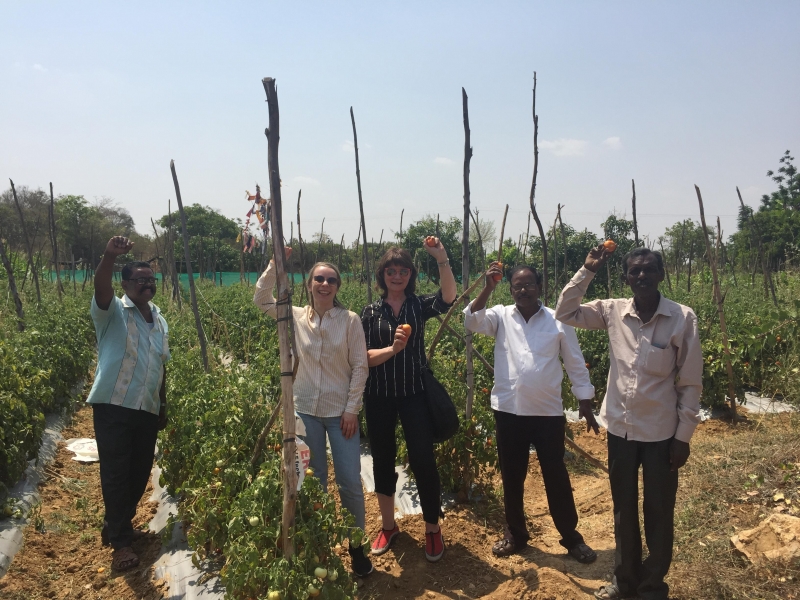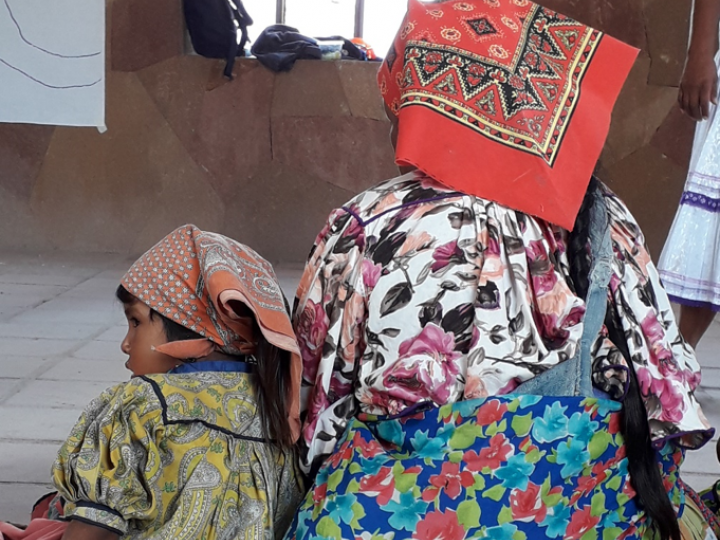The majority of our grantees work with groups that often face multiple forms of discrimination based on their gender, caste, sexual orientation, ethnicity and other diverse identities. In 2019, we increased our focus on land, environmental and workers’ rights and the connection between them with targeted calls for proposals and other activities.
Read more in our 2019 Annual Report.
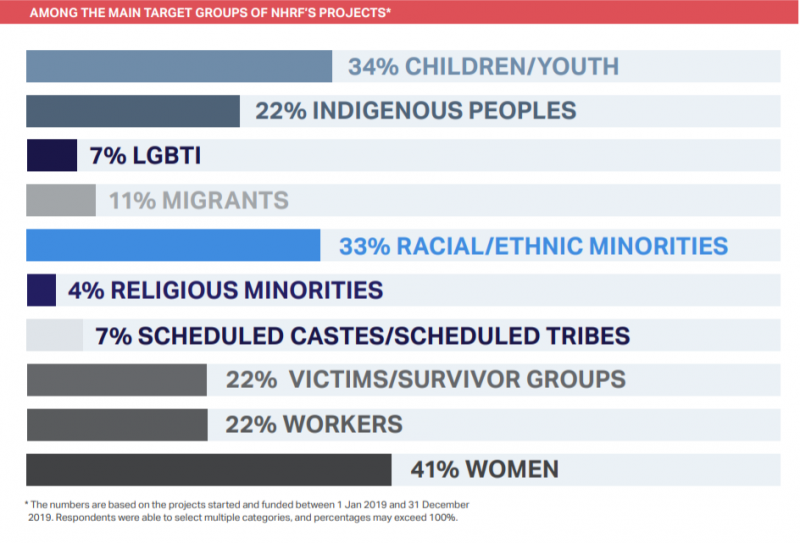
Land and environmental rights
In 2019, the NHRF began supporting three new organizations in Mexico that are working on land and environmental rights. Consultoría Técnica Comunitaria, A.C. (CONTEC, see main photo) works in the defense of four indigenous communities in Chihuahua, Mexico – a region impacted by large development plans for tourism and organized crime, which have led to disputes over land. The security situation in Chihuahua is highly challenging for human rights defenders, and CONTEC provides security and self-protection training for its staff and network. The NHRF also started supporting two networks of indigenous women defenders, one of them being Red de Formadoras Kualinemilis A.C. (Kualinemilis) in Puebla. In a context where there are high levels of violence against women and prospective megaprojects posing a threat to the rights of indigenous communities, Kualinimelis is training 30 women and young men to defend their land.
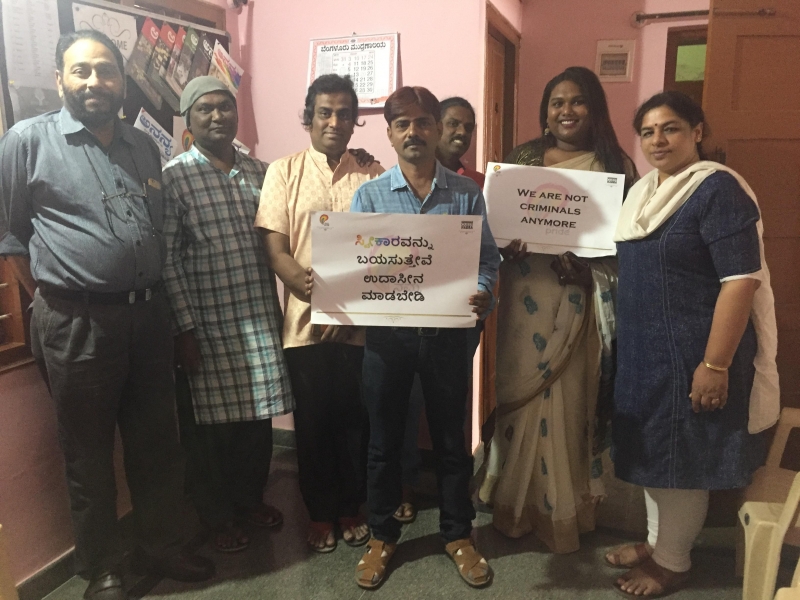
Marginalized communities in India and Pakistan continue to face neglect, discrimination, violence and severe difficulties in obtaining justice. In 2019, the NHRF increased its focus on workers’ rights, particularly on women and girl workers. Businesses and governments have increased their attention to the area of business and human rights, and some initiatives are bringing them together to implement measures to counteract modern forms of slavery.
According to The Global Slavery Index, nearly 8 million people (6/1000) were living in modern slavery in India in 2018, and approximately 3 million people (16/1000) in Pakistan. In response to this, the NHRF concluded a call for proposals in India and Pakistan with a focus on workers’ rights and decent working conditions. In India the theme for the call for proposals was “Women at work”, focusing on the experiences of women and girl workers.
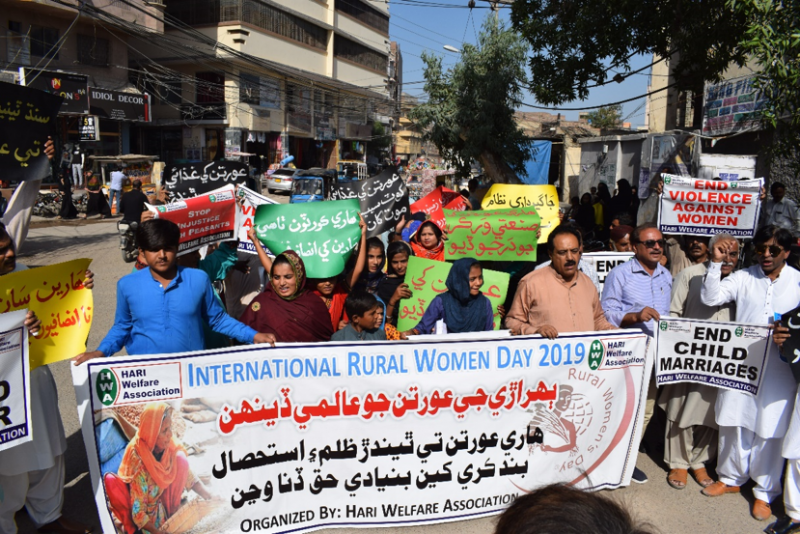
In Pakistan, the NHRF supported the Labour Education Foundation, who has contributed to setting up a workers’ committee to protect against bonded labor in the brick kiln industry, and provided training and legal education to over 100 brick kiln workers in Punjab. We also supported Women in Struggle for Empowerment to provide crucial outreach to vulnerable domestic workers in Punjab, helping them with social security registration, orientation around their rights, and advocating for the effective implementation of the newly passed Domestic Workers Act 2019.
